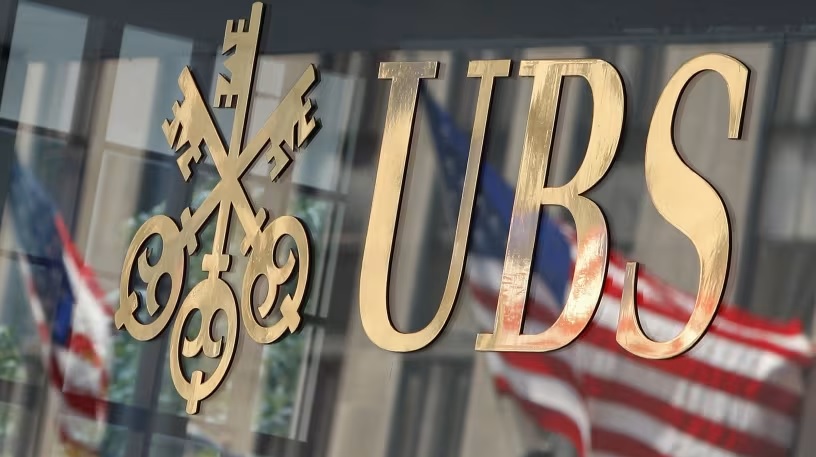Tax Activists Challenge UBS’s Exemption for Managing U.S. Pension Funds Amid Concerns Over Criminal Behavior and Regulatory Compliance
UBS is currently facing challenges regarding its operations with U.S. pension funds. A group of tax activists is attempting to block the bank from continuing its business with these funds. UBS seeks to extend an existing exemption, but legacy issues from its acquisition of Credit Suisse complicate the situation.
In the U.S., financial institutions cannot manage pension funds if they have been convicted of crimes or sanctioned by regulatory authorities. The U.S. Department of Labor (DoL) previously granted individual exemptions, known as Prohibited Transaction Exemptions (PTE), to both UBS and Credit Suisse. After UBS acquired Credit Suisse, the DoL extended these exemptions for one year.
Now, UBS’s request for another renewal encounters significant resistance. A report from Süddeutsche Zeitung indicates that tax activists are urging the authorities to reject this extension. James Henry, a representative of the activist group, raised concerns about UBS’s structures potentially enabling criminal behavior.

Henry has a background in publishing reports on tax havens for the Tax Justice Network. He noted that UBS has paid around $20 billion in fines for nearly 100 offenses between 2000 and 2023. He pointed out that banks often evade serious consequences for their actions despite these fines.
Henry stated, “Criminal transactions are desirable because they are lucrative. They generate more money than the penalties cost, and none of those responsible has to go to prison.” He cited ongoing legal issues, including cases in France related to wealthy clients and the Libor scandal. The Department of Labor’s Employee Benefits Security Administration contains a more detailed list of offenses.
In response to the scrutiny, UBS submitted a 500-page application to the DoL requesting the exemption. The bank’s lawyers argue that any issues arose from the misconduct of individual employees. A UBS spokesperson commented, “We have filed our application and expect a decision soon.”
UBS also navigates the legal legacy of Credit Suisse following its acquisition. The “Bulgaria Connection” case is currently before the Federal Criminal Court in Bellinzona and adds complexity to UBS’s situation. In 2022, Credit Suisse was found criminally liable for organizational deficiencies, marking a significant legal precedent. This ruling represented the first time a company, rather than only its employees, faced such charges.
Given this backdrop, UBS is exploring all legal avenues to overturn the ruling. The situation remains tense as UBS navigates its relationship with U.S. pension funds and addresses the ongoing legacy of its acquisition. The outcome of the activists’ push and the DoL’s decision will likely influence UBS’s future operations in the U.S.
As UBS confronts these challenges, broader implications for financial institutions managing pension funds become apparent. The scrutiny from tax activists reflects a growing demand for accountability in the financial sector.




